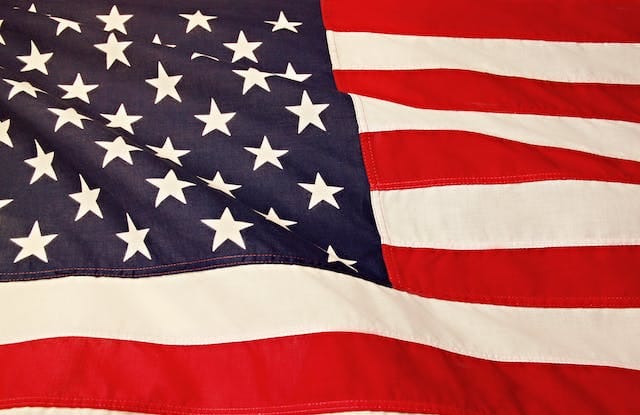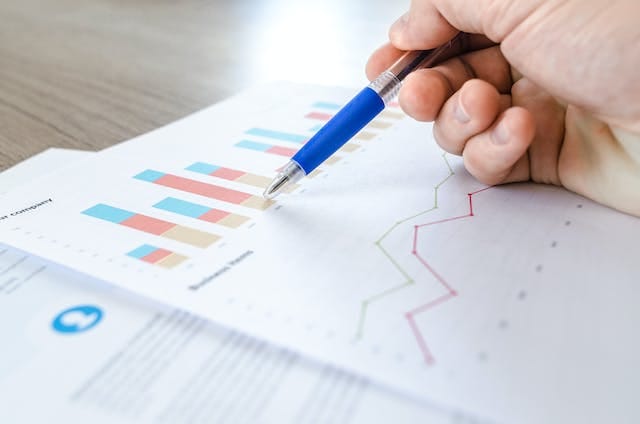Economists anticipate US inflation will remain low and the economy can escape a recession
Economists are predicting a sustained period of low inflation in the US, fostering optimism that the economy may steer clear of a recession. These forecasts highlight factors supporting stability and growth, offering insights into the potential trajectory of the nation's economic landscape

A hiring sign is seen at a grocery store in Deerfield, Illinois on October 5th, 2023. According to the survey made public on Monday, December 4th, most business economists are of the opinion that the US economy can escape a recession in 2024, even with the job market being adversely impacted by the high interest rates. (AP Photo/Nam Y. Huh, File)

A survey published on Monday indicated that the majority of professionals in the economic field believe that the United States economy could escape a recession in the coming year. This conclusion was drawn despite the possibility of the labor market becoming weaker as a result of the current high interest rates.
The National Association for Business Economics reported that just 24% of the 38 economists they surveyed viewed a recession in 2024 as a likely outcome. Those surveyed came from organizations such as Morgan Stanley, the University of Arkansas, and Nationwide.
It is thought that the Federal Reserve can achieve the difficult task of attaining inflation control through raising interest rates while not completely stifling economic growth.
Ellen Zentner, president of the association and chief U.S. economist at Morgan Stanley, stated that the majority of respondents predict a rise in unemployment, yet it will remain below 5%.
At the International Monetary Fund on November 9th, 2023, Federal Reserve Chairman Jerome Powell spoke to an audience in Washington. Today he is scheduled to appear at events at Spelman College in Atlanta.
The Federal Reserve has boosted the main interest rate to surpass the 5.25% mark, which is the highest it has been since the turn of the millennium. This rate has been pushed up from nearly zero just a year ago.
Interest rates that are elevated make borrowing more costly and diminish the value of stocks and other investments. This usually suppresses spending and impedes inflation. Even though interest rates have been high, the labor market has kept its stability and the unemployment rate stayed low in October at 3.9%.
Economists surveyed largely anticipate that inflation will decelerate in 2024, though a few assert that it may not reach the Federal Reserve's objective of 2% until 2025.
Economists do not anticipate that prices will be reversed to the level before inflation rose in 2021, but they do assume that the rate of increase will slow down. Thus, it is unlikely that groceries, haircuts, and other items will be priced the same as they were pre-inflation.
Analysts predicted that the consumer price index would increase by 2.4% year-over-year in the fourth quarter of 2024 which would be less than the 9% inflation experienced by U.S. households in the summer of 2022.
Economists have varying opinions on when the Federal Reserve might start to reduce interest rates, which could provide economic relief and spark financial markets. Some anticipate the initial decrease to take place within the first quarter of 2024, while approximately a quarter of those surveyed in the study predict it will not come until the fourth quarter.




